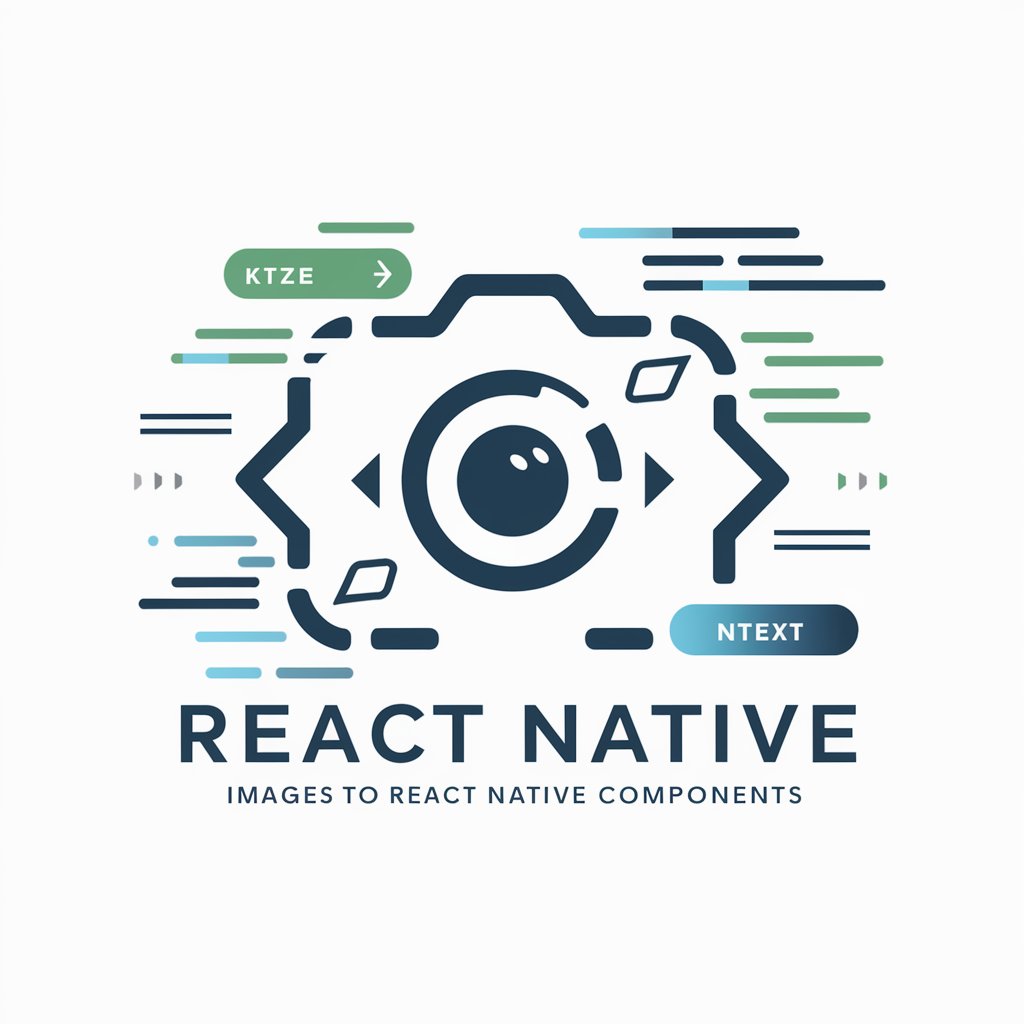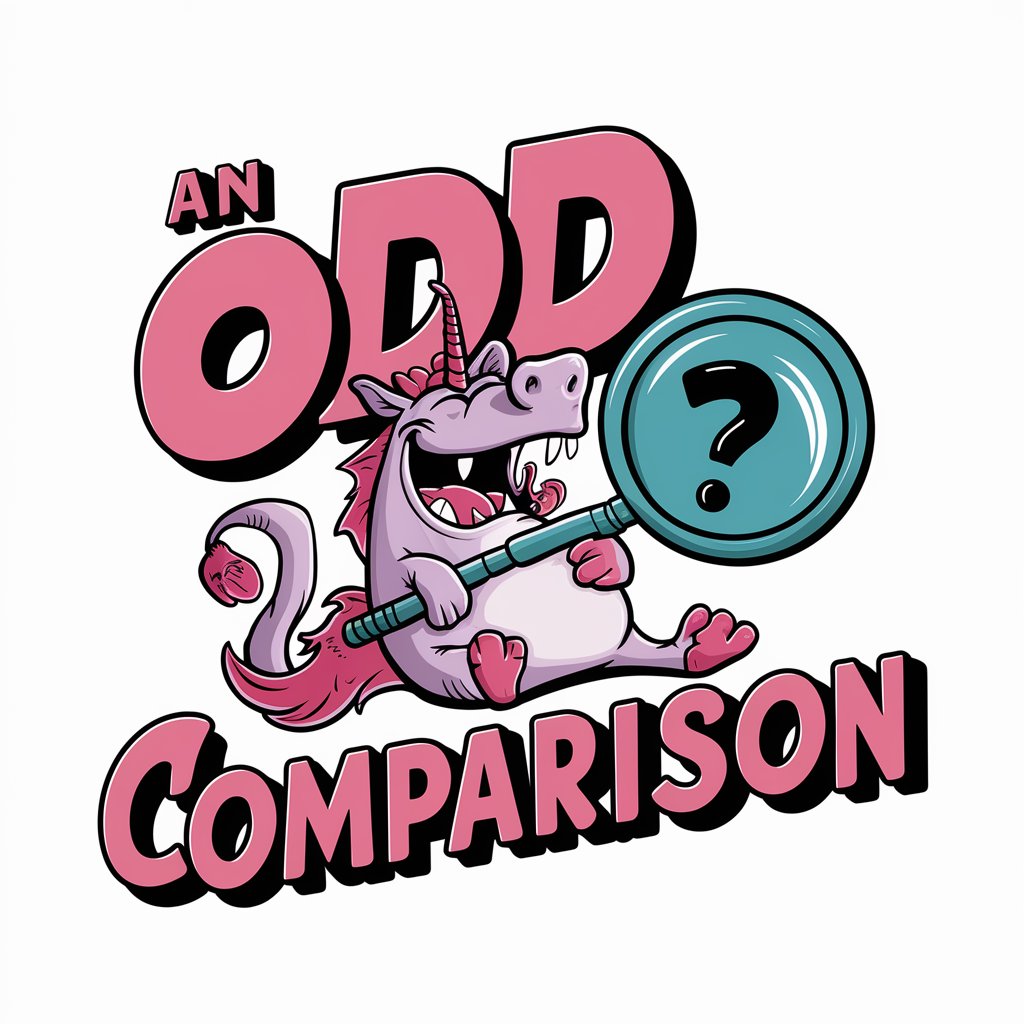React Native - React Native Development Guide

Hi there! Need help with React Native? I'm here to assist.
Empowering mobile development with AI
How can I optimize my React Native app for performance?
What's the best way to integrate Expo Router v3 in my project?
Can you guide me through setting up Tamagui in an Expo 50 project?
What are the new features in Expo 50 that I should be aware of?
Get Embed Code
Introduction to React Native
React Native is an open-source mobile application framework created by Facebook (now Meta) that enables developers to build natively rendering mobile apps for iOS and Android using JavaScript and React. Its primary design purpose is to allow for the development of cross-platform mobile applications using a single codebase, thus enabling faster development cycles, and reduced development costs. React Native works by bridging the gap between JavaScript and native platform code, allowing developers to write their app's logic in JavaScript while still providing a native user experience. For example, a social media application developed in React Native can have its UI components render natively on both iOS and Android devices, sharing the same JavaScript codebase for its business logic, yet adapting to each platform's unique UI guidelines. Powered by ChatGPT-4o。

Main Functions of React Native
Cross-Platform Development
Example
Building a messaging app that works on both iOS and Android with a single codebase.
Scenario
Developers can use the same JavaScript codebase to create a consistent user experience across multiple platforms, significantly reducing development time and resources.
Live Reloading & Hot Reloading
Example
Making UI adjustments in a shopping app and seeing the changes immediately without recompiling.
Scenario
This feature allows developers to immediately see the result of the latest changes without having to rebuild the app, enhancing productivity and speeding up the development process.
Access to Native Functionality
Example
Integrating device camera functionality into a photo-sharing app.
Scenario
React Native provides the ability to access native device functionality, such as camera, GPS, or push notifications, using JavaScript, enabling rich, full-featured applications.
Performance Close to Native
Example
Developing a high-performance game with smooth animations.
Scenario
Through its architecture, React Native allows for the development of apps that run smoothly and have performance characteristics very close to those of native apps, suitable for more demanding applications like games or data-intensive tasks.
Ideal Users of React Native Services
Startups and Small Businesses
These groups benefit from React Native's cost-effectiveness and efficiency, enabling them to launch their mobile apps on both iOS and Android platforms quickly and with less development resource allocation.
Experienced JavaScript Developers
Developers with a background in JavaScript and React can easily transition to mobile app development with React Native, leveraging their existing skills to build mobile applications.
Companies Seeking to Optimize Development Resources
Organizations looking to minimize the duplication of effort in maintaining separate codebases for iOS and Android apps will find React Native's single codebase approach highly beneficial.
Innovators and Entrepreneurs
Individuals or teams working on innovative app ideas can use React Native to rapidly prototype and bring their mobile applications to market, taking advantage of its broad community support and rich ecosystem of libraries and tools.

Getting Started with React Native
1
Visit yeschat.ai for a complimentary trial, accessible immediately without the necessity for login or a ChatGPT Plus subscription.
2
Install Node.js and the Expo CLI on your system, as these are prerequisites for developing with React Native. This setup allows you to run a development server and build your app.
3
Initiate a new project using Expo by running 'expo init YourProjectName', then navigate into your project directory and start your development server with 'expo start'.
4
Develop your application using React Native components and APIs. Utilize the hot reloading feature to see your changes in real-time on your connected device or emulator.
5
Test your application extensively on both Android and iOS platforms to ensure compatibility and optimize performance for an optimal user experience.
Try other advanced and practical GPTs
Native Nurturer
Cultivate with AI, flourish naturally.

Native Tutor
Master any language, powered by AI

Proximate Native
Translating languages, bridging cultures with AI

Native Polisher
Refine Your English with AI

Road Scholar
Streamlining Engineering Insights

Road Guru
Navigate the road smarter with AI-powered automotive advice.

Image To React Native
Transform UI images into React Native code instantly.

Native Speaker Translator
Elevate Your English with AI-Powered Precision

Odds Explainer
Demystifying probabilities with AI

Expert en ODD
Empowering Africa's Sustainable Future with AI

Odd One Out
Sharpen Your Mind, Challenge Your Knowledge

An Odd Comparison
Sparking Joy with AI-powered Odds

React Native In-Depth Q&A
What makes React Native a popular choice for mobile app development?
React Native is favored for its ability to enable developers to write code once and deploy it on both Android and iOS platforms, saving time and resources. Its native components translate to an optimal user experience that closely matches native apps.
Can React Native be used for web application development?
Yes, with the help of additional libraries like React Native Web, developers can adapt their React Native codebase to run on the web, enabling a truly cross-platform development experience.
How does React Native handle performance issues compared to native apps?
While React Native apps can perform nearly as well as native apps, performance optimizations may be necessary for resource-intensive tasks. Leveraging native modules and careful profiling are common strategies to address performance concerns.
What are the key components of Expo in React Native development?
Expo provides a set of tools and services that simplify React Native development, including a managed workflow for building and deploying apps, access to native APIs without having to write Java/Kotlin or Objective-C/Swift code, and over-the-air updates.
How can I contribute to the React Native ecosystem?
Contributors can engage by reporting issues, submitting pull requests to the React Native GitHub repository, writing and sharing tutorials or plugins, and participating in community forums to help other developers.
